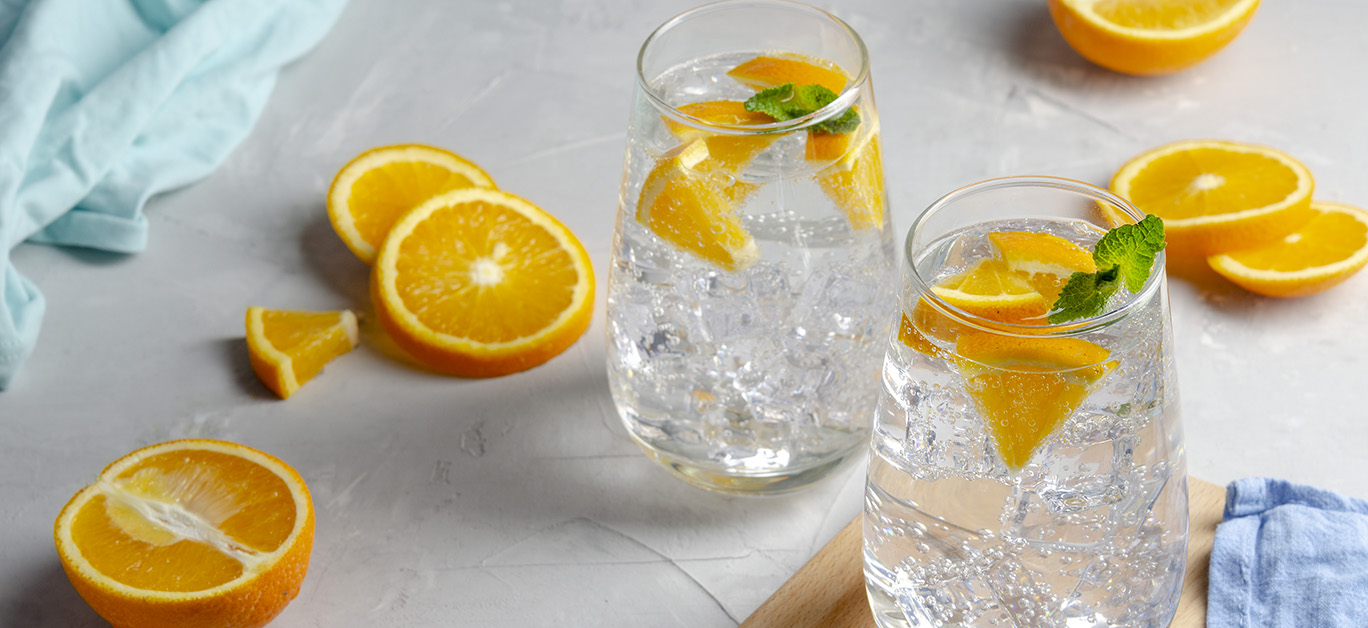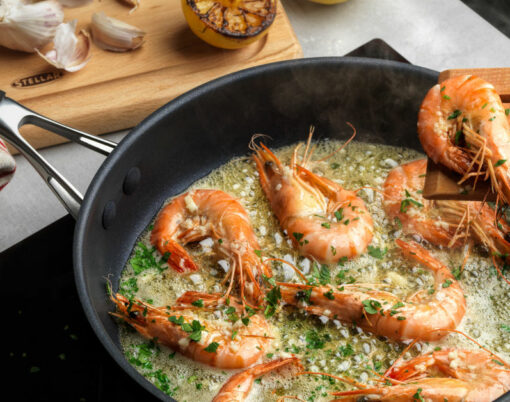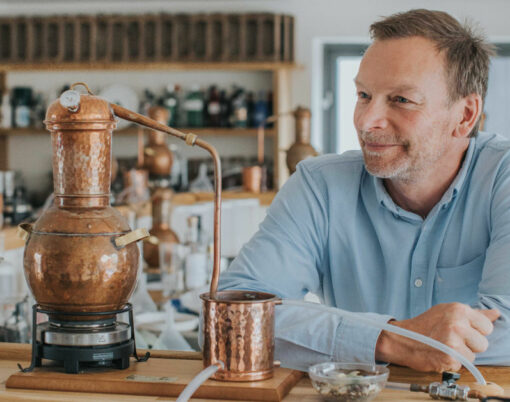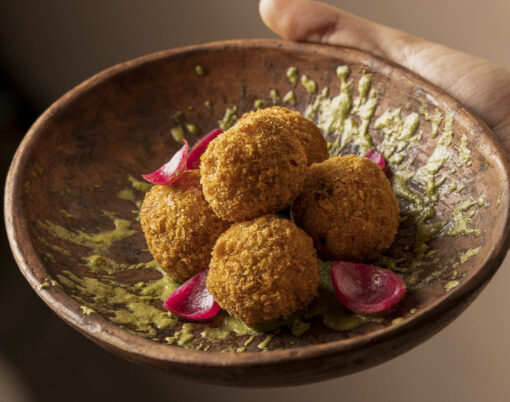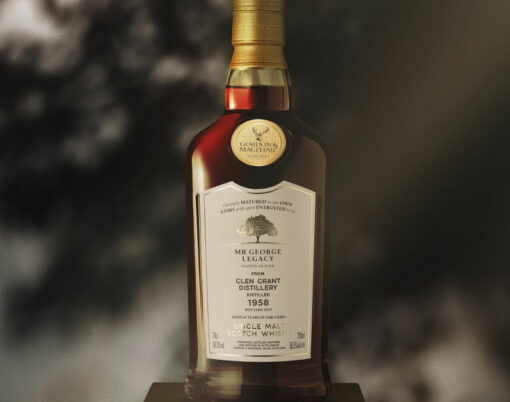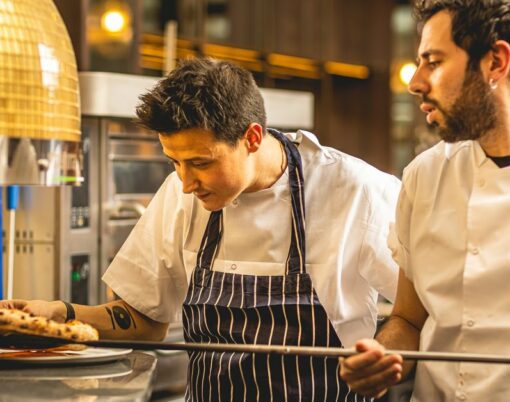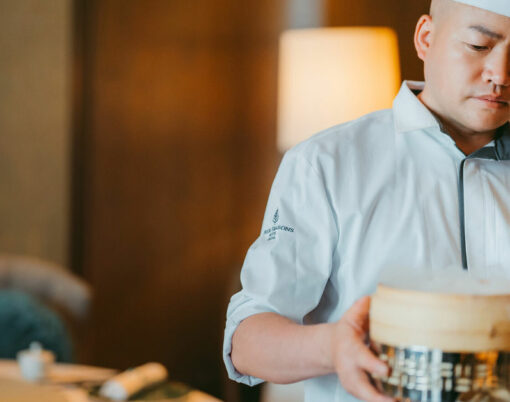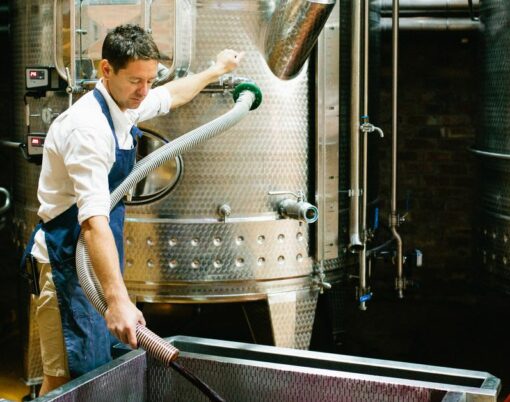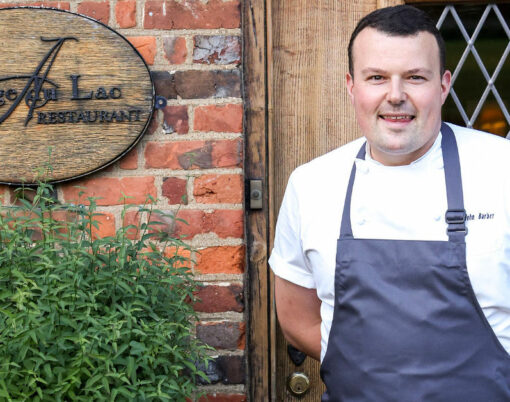As we’ve spent more time at home over the last two years, many of us took to the internet and learnt how to bring the cocktail bar experience to our living rooms. But, as our focus on the environment and sustainability has also been shifting, you may have wondered if you could make these homemade tipples more eco-friendly as well as delicious.
From reusing rind to sustainable straws, there are plenty of ways you can create less waste when experimenting with new conscious cocktail recipes. If you want to make your next happy hour a little kinder to the planet, David Cooper, from the glassware company Forever Crystal, is here to tell us how.
Garnishes and decoration
One of the best parts about making cocktails is adding a final flourish to the drink with eye-catching garnishes. This is often done with fruit, herbs, vegetables, or even things like dry ice or glitter in some upscale bars. It’s a key part of the cocktail experience, so rather than forgoing garnishes altogether, here’s how to squeeze as much as possible out of your favourite ingredients and create less waste.
Fruit
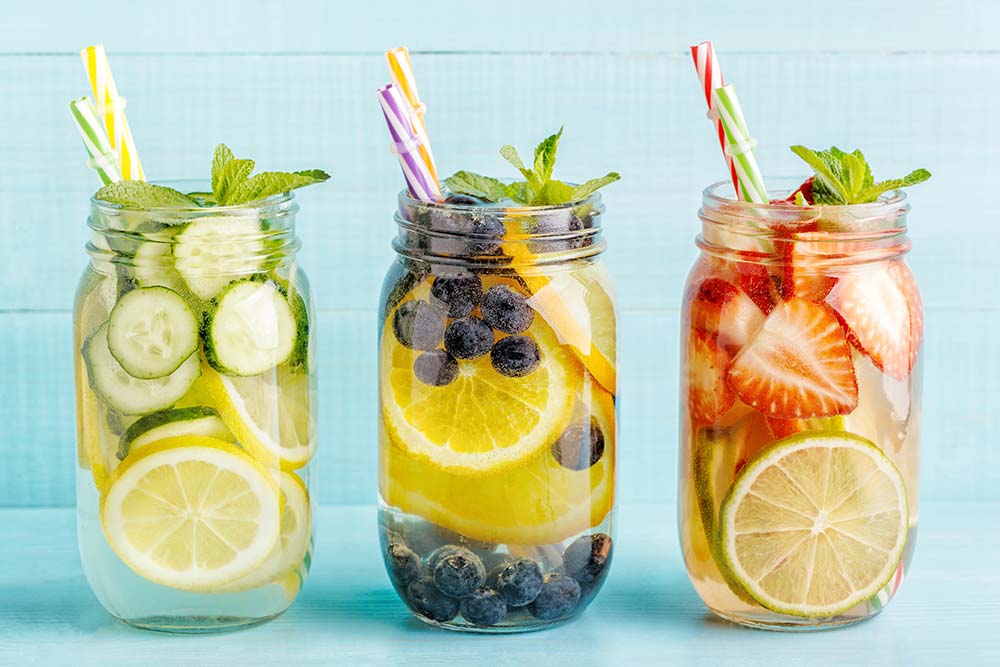
Peeling your limes, oranges, and lemons before juicing them is a great way to maximise their use. Rather than being left with a pile of citrus shells, separating the rind ahead of time means it’s easier to make a twisted garnish on a cocktail stick, grate the zest into any recipes that require it, or even learn to make infusions with them.
Homemade flavoured vodkas can be made from cocktail by-products like rind or wonky pieces of fruit that weren’t good enough to use as a garnish. Simply soak these in a bottle of vodka for 1-2 weeks, strain out the fruit, and they can be used one final time to make infused syrups by heating with sugar and a little water.
You can even dehydrate fruit slices that don’t get used, either in a food dehydrator or simply laid out on an oven tray under very low heat. These can be stored in airtight containers to get a final use as decoration in your next round of cocktails.
Straws

One way cocktails can be made more eco-friendly is the reduction of single-use plastics. In England, there has been a ban on these plastic straws and stirrers in bars and restaurants since October 2020 in an effort to reduce waste in the hospitality industry.
So, if you want to hold your homemade cocktails to the same standard, stock your drinks cabinet with good quality cardboard straws that biodegrade once thrown away. Metal and silicone straws are even better investments for your at-home bar as they don’t soften in your drink and can be used infinitely (or even brought along to your next night out). Just remember to wash them regularly with a pipe cleaner to keep them hygienic.
And of course, rather than serving your cocktails in plastic glasses just because you’re at home, be sure to present them in the quality glassware they deserve.
Sustainable ingredients
Although making the most of your ingredients is important to minimise food waste, it’s even better knowing that they’re sustainably sourced in the first place. Being mindful of where your fruit, herbs, and alcohol come from can transform your drinks for the better.
Buying local
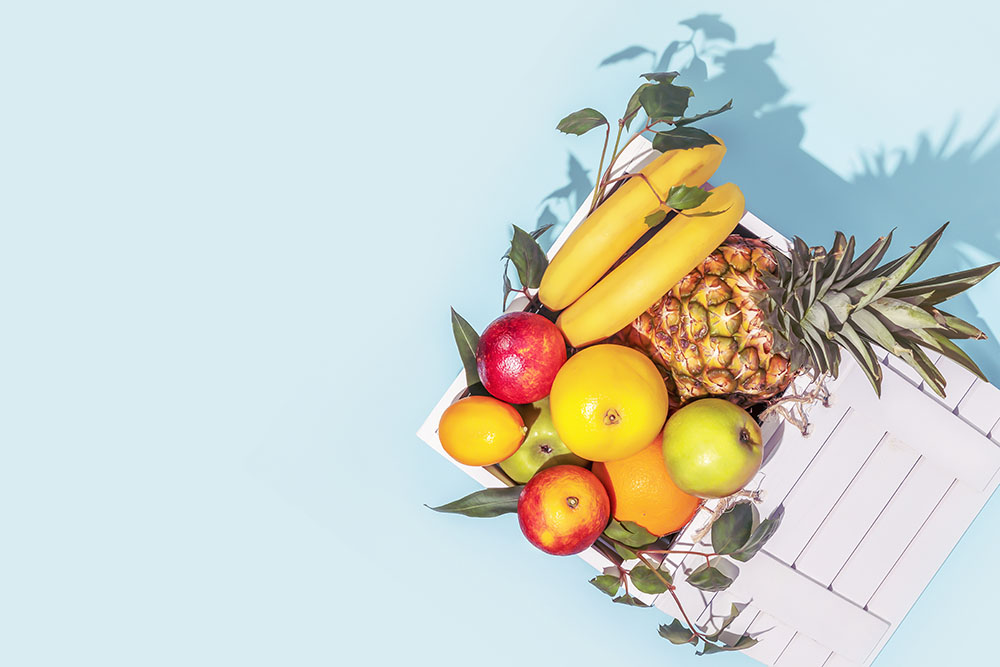
Cocktails often require a host of exotic fruit, and so sometimes there will be a need for imported ingredients. Where possible though, try to buy your raw ingredients locally, be that from a UK wholesaler or the closest farmer’s market. This cuts down on any extra air miles, supports local vendors, and can avoid much of the plastic packaging used by major supermarkets. It’s also wise to buy certain fruits and berries when they’re in season and naturally abundant, and then freeze some to use throughout the rest of the year.
However, this local approach should also apply to the alcohol used. Buying your spirits and syrups from British distilleries and bar suppliers can help cut these air miles down even further, having a significant impact on the carbon footprint of your cocktails. Not only this, but it’s fun to discover an array of independent UK brands you’ve never tried before – they might just become your new favourite tipple!
Grow your own
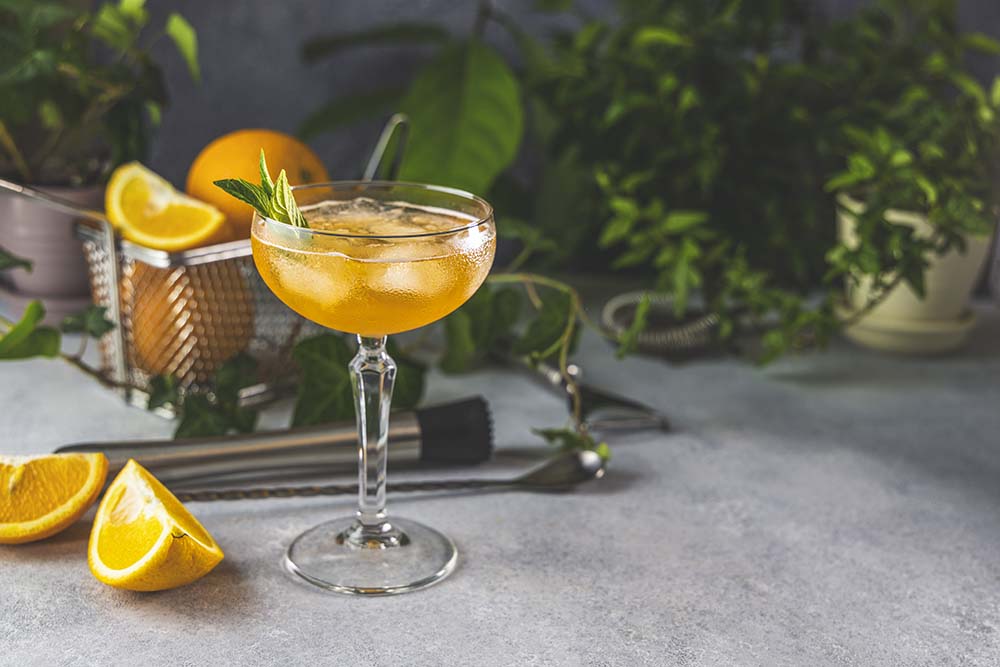
Herbs grown at home don’t just have to be for cooking. Whether it’s outside in garden planters or lined up on a sunny windowsill, growing your own supply of herbs is incredibly useful when aiming to make more sustainable cocktails. As they need to be picked, transported, kept cool, and are eventually packaged in plastic, buying fresh herbs from the supermarket is less eco-friendly than you may think.
Instead, with your own personal herb garden, you can take a sprig of rosemary for your next gin bramble or a handful of mint for a refreshing mojito whenever you need. This way you know that the transportation costs for your fresh herbs are only the few steps it took from your planters to your cocktail station.
Cooper concludes: “Whether you’re out at a bar or in the comfort of your own home, cocktails are a happy hour must-have. It’s fun to get creative with the host of recipes out there, but you may be wondering how to experiment with mixology while also being as eco-friendly as possible.
“A lot of the time, cocktails are made with imported spirits and exotic fruit that’s out of season, making the carbon footprint of your piña colada higher than you may realise. However, with a few tweaks, you can learn how to make your favourite tipples with less waste and more responsibly sourced ingredients.
“As well as reusable straws and cocktail skewers, be sure to serve your cocktails in high-quality glassware rather than plastic cups to give your cocktails the presentation they deserve.”












